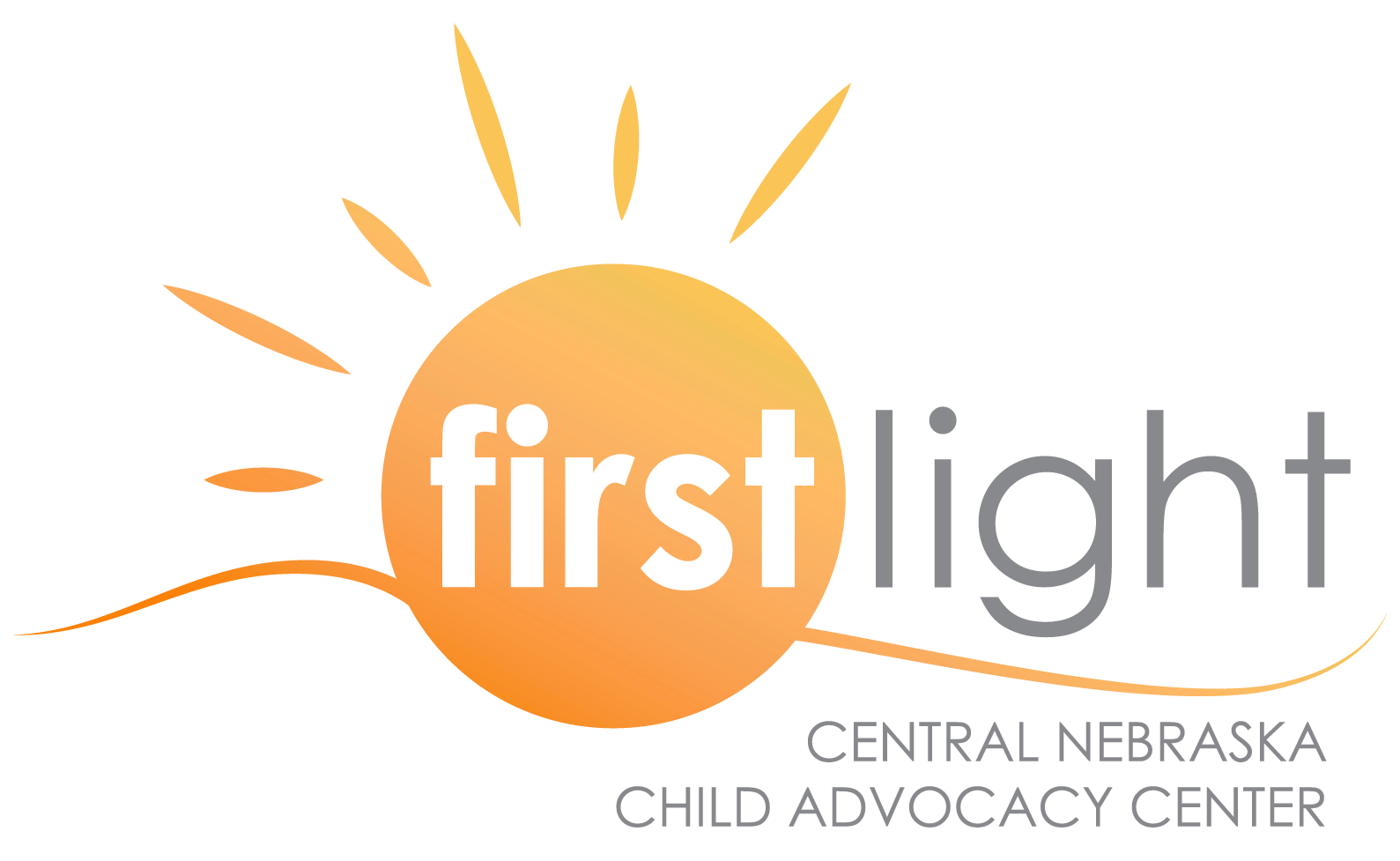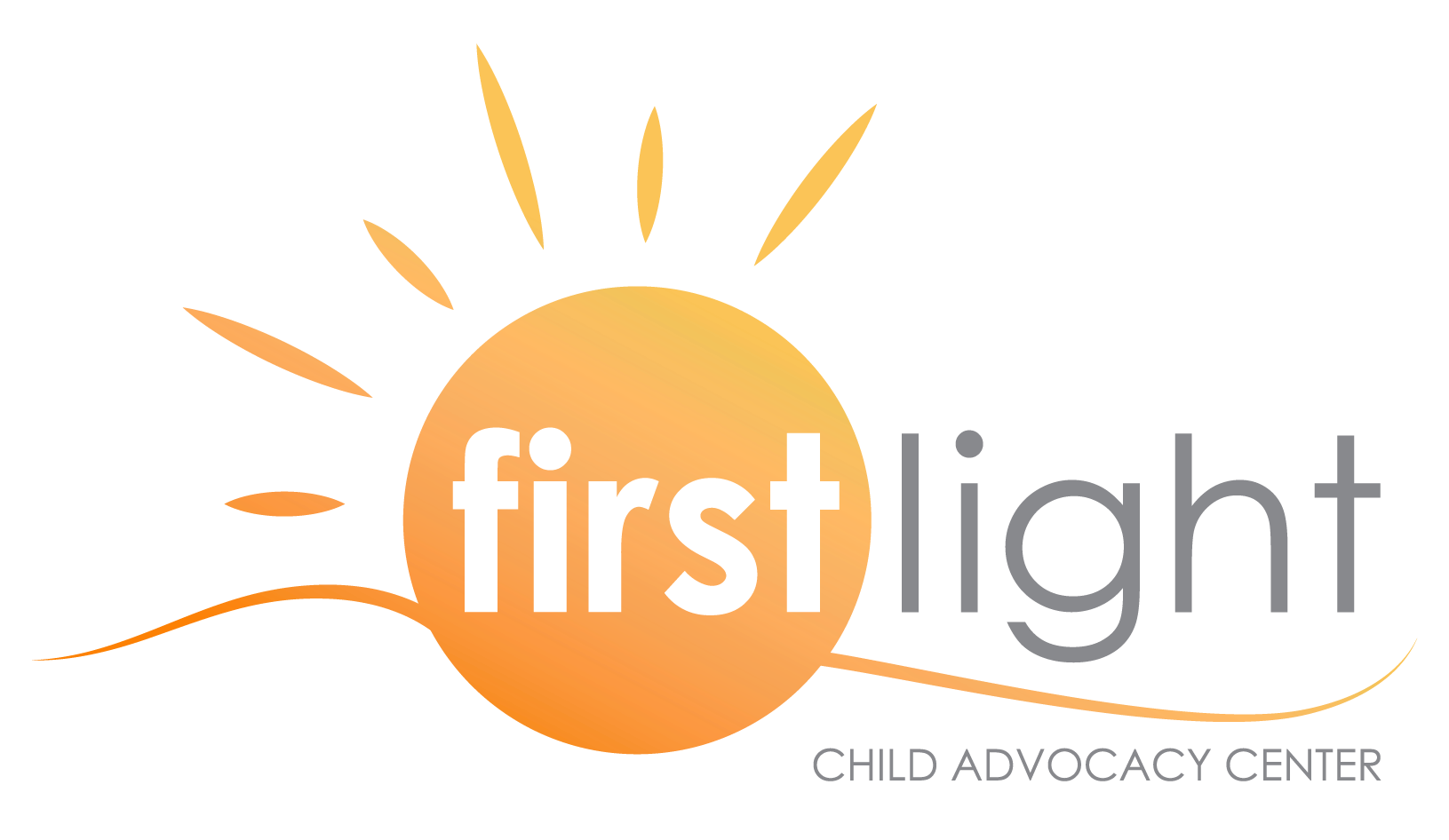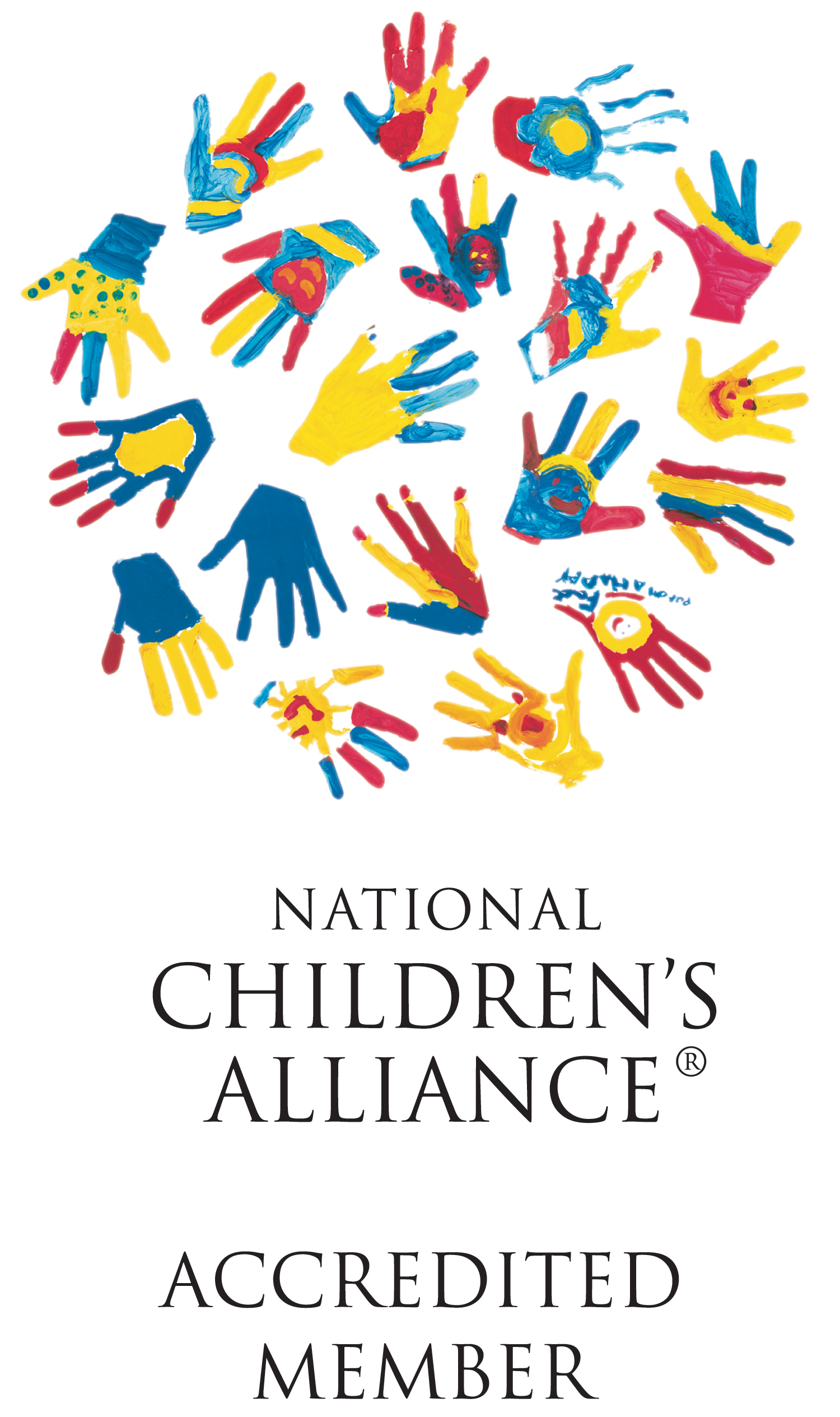
Forensic Interview Guide
Forensic services are provided to children who may have experienced abuse or who have witnessed a crime or other violent act.
The primary aim of forensic services is to aid in ensuring the safety of the individual child as well as other children in the community. Forensic services are provided in a safe and child-friendly environment.
-
Why does my child need a forensic interview?
Interviews are only conducted for DHHS, Law Enforcement agencies and occasionally the District Attorney's Office. These agencies will follow up any investigative needs after the interview.
A specially trained forensic interviewer conducts the interview. The interviewer is trained to understand children's language and assess children's development. The interviewer is also trained to ask questions in a non-leading way.
If anything happened to your child or your child witnessed something, the environment provided by the CAC and the interviewer will be a safe place for your child to tell what happened in their own words.
-
How will my child act after the interview?
It is normal for your child to be anxious before and after the interview. Try to keep your responses to his or her feelings calm and reassuring. Behaviors such as crying or shouting, in your child's presence will only increase his or her fears or worries. After the interview, your child may be unusually quiet. Allow your child to express his or her feelings at this point. Continue to reassure your child that telling his or her truth was the right thing to do, and you realize it took courage.
Forensic Interview Guide
Forensic services are provided to children who may have experienced abuse or who have witnessed a crime or other violent act.
The primary aim of forensic services is to aid in ensuring the safety of the individual child as well as other children in the community. Forensic services are provided in a safe and child-friendly environment.
-
Why does my child need a forensic interview?
Interviews are only conducted for DHHS, Law Enforcement agencies and occasionally the District Attorney's Office. These agencies will follow up any investigative needs after the interview.
A specially trained forensic interviewer conducts the interview. The interviewer is trained to understand children's language and assess children's development. The interviewer is also trained to ask questions in a non-leading way.
If anything happened to your child or your child witnessed something, the environment provided by the CAC and the interviewer will be a safe place for your child to tell what happened in their own words.
-
How will my child act after the interview?
It is normal for your child to be anxious before and after the interview. Try to keep your responses to his or her feelings calm and reassuring. Behaviors such as crying or shouting, in your child's presence will only increase his or her fears or worries. After the interview, your child may be unusually quiet. Allow your child to express his or her feelings at this point. Continue to reassure your child that telling his or her truth was the right thing to do, and you realize it took courage.
Advocate Guide
Your advocate is here to make your journey through addressing child abuse as supportive and comforting as possible.
From pre-visit calls to warm greetings and emotional support during the forensic interview, your advocate is committed to being a caring ally. Beyond the visit, they'll connect you with community resources, keep you informed about the process, and offer a friendly presence throughout court proceedings.
-
What can you expect from your advocate at the CAC?
- Pre-call to talk about what to expect during the CAC visit.
- Greet families and orient children to the CAC.
- Attend to the family's needs during the interview.
- Referral support for community resources such as medical, mental health, housing, food, protective orders, and more.
- Follow-up calls to check in and support the healing process.
- Communicating your child’s needs with investigative partners.
- Status updates on the investigation.
-
How will my child act after the interview?
It is important that you NOT ask your child any questions about what they said.
If they share anything with you on their own, simply listen.
Try not to react to what your child says. Children are sensitive to their parent's reactions. If you become upset, your child may feel as if they have done something wrong to upset you.
If your child talks to you and discloses information about being abused, encourage your child by telling them it is not their fault, and that they did nothing wrong.
Share any new information learned with DHHS or Law Enforcement.
-
What are the advocacy services after the CAC visit?
- Work with the Multidisciplinary team to secure transportation for interviews, medical exams, court dates, and other case-related meetings.
- Inform families of the rights of crime victims
- Provide case updates to the family.
- Share the child and family's perspectives and progress with the MDT during the case review.
- Provide support/accompaniment throughout the court proceedings.
Advocate Guide
Your advocate is here to make your journey through addressing child abuse as supportive and comforting as possible.
From pre-visit calls to warm greetings and emotional support during the forensic interview, your advocate is committed to being a caring ally. Beyond the visit, they'll connect you with community resources, keep you informed about the process, and offer a friendly presence throughout court proceedings.
-
What can you expect from your advocate at the CAC?
- Pre-call to talk about what to expect during the CAC visit.
- Greet families and orient children to the CAC.
- Attend to the family's needs during the interview.
- Referral support for community resources such as medical, mental health, housing, food, protective orders, and more.
- Follow-up calls to check in and support the healing process.
- Communicating your child’s needs with investigative partners.
- Status updates on the investigation.
-
How will my child act after the interview?
It is important that you NOT ask your child any questions about what they said.
If they share anything with you on their own, simply listen.
Try not to react to what your child says. Children are sensitive to their parent's reactions. If you become upset, your child may feel as if they have done something wrong to upset you.
If your child talks to you and discloses information about being abused, encourage your child by telling them it is not their fault, and that they did nothing wrong.
Share any new information learned with DHHS or Law Enforcement.
-
What are the advocacy services after the CAC visit?
- Work with the Multidisciplinary team to secure transportation for interviews, medical exams, court dates, and other case-related meetings.
- Inform families of the rights of crime victims
- Provide case updates to the family.
- Share the child and family's perspectives and progress with the MDT during the case review.
- Provide support/accompaniment throughout the court proceedings.


